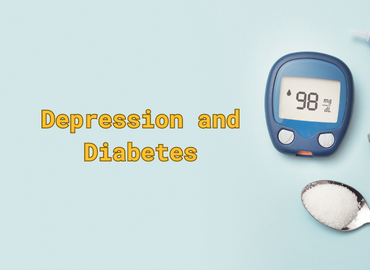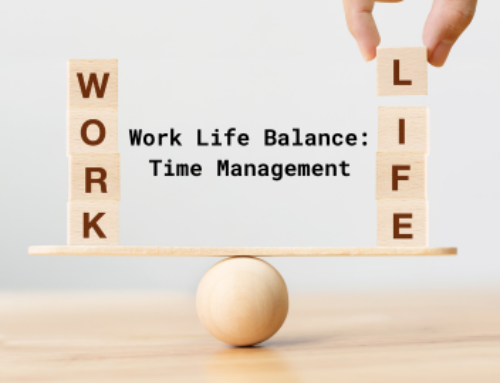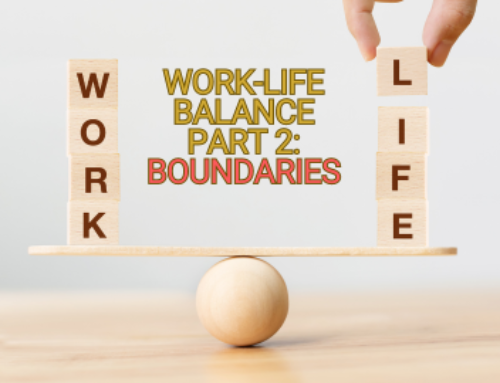Depression and Diabetes
Diabetes mellitus is a chronic illness that affects millions of people across the United States and the world. It is caused by the pancreas being unable to make enough insulin, a hormone that controls blood glucose, or by the sufferer’s body being unable to use the insulin properly.
There is more than one type of diabetes. Type 1 diabetes occurs when the immune system attacks cells in the pancreas that make insulin, so that the pancreas is not able to release the insulin for use. Type 2 occurs when the body resists insulin. When that happens, eventually the pancreas makes less insulin than the body needs.
The medical community has found a marked association between depression and diabetes. According to data published by the National Center for Biological Information (NCBI), depression occurs two to three times higher in sufferers of diabetes mellitus and is highly under-reported and under-diagnosed. A relationship between mood and blood sugar levels also exists. Both depression and incorrect blood sugar regulation can cause:
− Anxiety
− Dissociative feelings
− Irritability
− Difficulty focusing
Data reviewed in April this year estimates that 10% to 15% of people with Type 1 or 2 diabetes also suffer from depression. There are some distinct ways that doctors have noticed where depression and diabetes collide. Diabetes is a chronic illness that requires daily maintenance and can cause significant pain. Diabetes management can also be difficult and time-consuming, having a negative effect on the sufferer’s ability to go about their business as they wish to.
There is a serious condition called diabetes distress. Data published by Mental Health America (MHA) estimates that 33% to 50% of people who have diabetes will experience diabetic distress at some point, a frightening number. Diabetes distress is characterized by:
− Fear that their efforts to manage their diabetes are not working
− Feeling that their diabetes is controlling their lives
− Feeling like their health is a burden to others
− The urge to withdraw
− The urge to give up maintenance tasks like checking their glucose levels, even skipping medical appointments
People with diabetes have a range of experiences. Some have great difficulty with the way the disease impacts their daily lives, others are able to manage their diabetes without much upset. What is true is that no one has an easy time. There are some interesting ways that diabetes management and mental health care can intersect. There is a group of antidepressant medications called SSRIs that can help regulate blood sugar for people with diabetes Type 2. Also, the stress management tools that are often
suggested to help manage depression also help keep blood sugar from getting too high and help keep cortisol (a stress hormone) levels low.
For questions about our services and to schedule appointments, contact us on our website anytime or call (585) 442-6960 during the hours posted.





